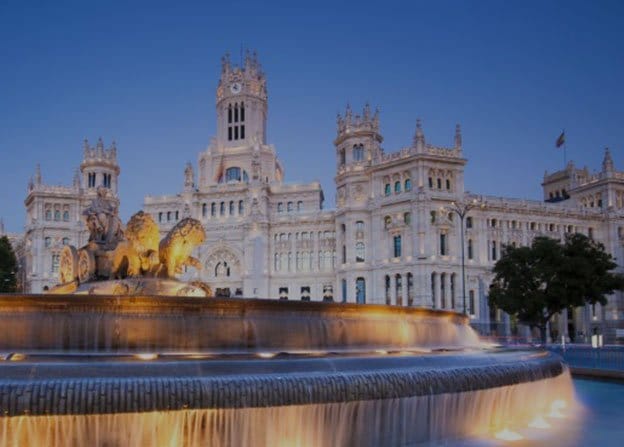27
jul-2021
In 2015, Spain said it would give citizenship to descendants of Sephardic Jews expelled during the Spanish Inquisition. But this summer the rejections started coming in.
Maria Sanchez, a retired mental health therapist in Albuquerque, spent the last four decades tracing her Jewish ancestry from Spain. She created an extensive genealogical chart going back nearly 1,100 years, including three ancestors who were tried in the Spanish Inquisition. Her discoveries even led her to join a synagogue in the 1980s and become an observant Jew.
So when the Spanish government said in 2015 that it would grant citizenship to people of Sephardic Jewish descent - a program touted as reparations for the expulsion of Jews that began in 1492 - Ms. Sánchez applied. She hired an immigration lawyer, obtained a certificate from her synagogue and flew to Spain to present her genealogical chart to a notary. In May, she received a reply telling her that she had not proved that she was a Sephardic Jew.
Spain's statistics and interviews with unsuccessful applicants reveal a spate of more than 3,000 rejections in recent months, raising doubts about the country's seriousness in its promise of reparations to correct one of the darkest chapters in its history, the Inquisition.
Before this year, only one person had been rejected, according to the government. Some 34,000 have been accepted, but at least 17,000 others have received no response at all, according to government statistics.
It is unclear why the wave of rejections has come now. The Spanish government said it was simply trying to clear a backlog of cases. But lawyers representing applicants say they feel officials have changed their minds about the programme, which formally stopped accepting applications in 2019.


